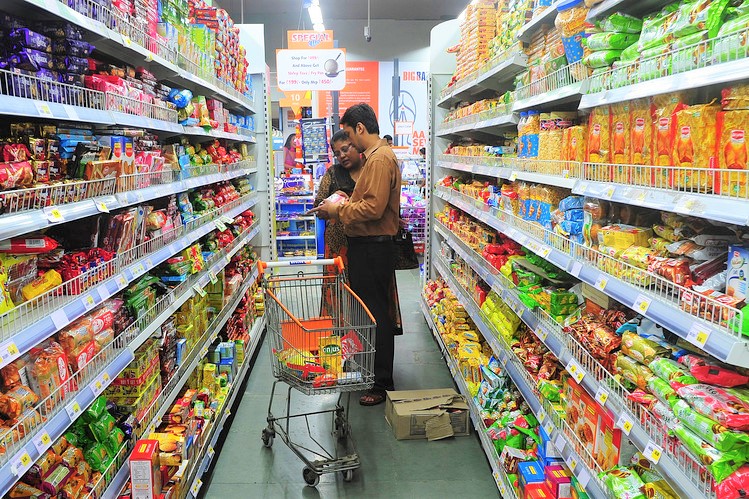Advertisers sometimes get carried away while choosing words to describe products. We often see pure, natural, fresh, and authentic splashed across the television screens, newspapers and even large billboards next to products; whether they are natural and fresh, is anyone’s guess.
However, come July 1, brands will either have to procure permission to use such words or carry a disclaimer about them under the Food Safety and Standards Authority of India (FSSAI) latest mandate.
In case the brand fails to do so then the manufacturers will have to shell out Rs 10 lakh as fine for the violation. According to a report published in Mid Day, an FSSAI official said, “Customers are generally attracted to words like ‘genuine,’ ‘original,’ etc. on food products. When a company uses the word ‘real’ for a food product, for instance, it implies that it is the only real/original product, which violates the advertisement act of FSSAI. This creates a false perception of a product for customers.”
In another significant move, the regulation also says that companies and brands using words that mean fresh, natural, pure, etc. – will also have to give a clear disclaimer stating “this is only a brand name or trademark and does not represent its true nature.”
A company or brand will now be able to refer to a particular food as ‘fresh’ only if they are unprocessed except for being washed, peeled, chilled, trimmed or cut or have undergone other processing necessary to make the product safe without altering its basic characteristic in any way.
Also, the word “natural” is to be permitted only for food derived from a plant, animal, micro-organism or mineral and to which nothing has been added.

“These regulations are aimed at establishing fairness in claims and advertisements of food products and make food businesses accountable for such claims /advertisements so as to protect consumer interests,” says the statement by FSSAI.
According to a report published in Deccan Herald, last year, two researchers from the Armed Forces Medical College, Pune scrutinised 1,200 Indian food advertisements and found that nearly 60 per cent of such advertisements is misleading in nature. They neither follow FSSAI rules nor the codes of the Advertising Standards Council of India.
Following the new regulations, companies cannot make tall claims that their products have been recommended by medical practitioners or medical associations. Each such assertion will have to be substantiated.
Next time you are out shopping, remember to verify the claims on the product before you start using it.
(Edited by Saiqua Sultan)
You May Also Like: Fighting Your Own Consumer Case Can Save Money & Time: Here’s How You Can Do it!
Like this story? Or have something to share?
Write to us: contact@thebetterindia.com
Connect with us on Facebook and Twitter.
If you found our stories insightful, informative, or even just enjoyable, we invite you to consider making a voluntary payment to support the work we do at The Better India. Your contribution helps us continue producing quality content that educates, inspires, and drives positive change.
Choose one of the payment options below for your contribution-
By paying for the stories you value, you directly contribute to sustaining our efforts focused on making a difference in the world. Together, let's ensure that impactful stories continue to be told and shared, enriching lives and communities alike.
Thank you for your support. Here are some frequently asked questions you might find helpful to know why you are contributing?

